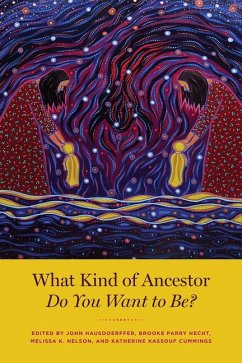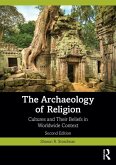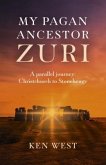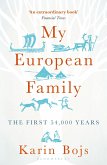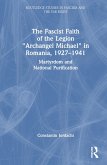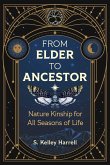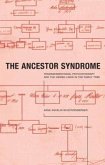This book "challenges our relationship to the environment and to each other, not only now but across generations. It is an important question for our time, when communities have become fragmented by a global consumer society, when our selves have become isolated in a competitive and technology-driven economy, and when our spiritual, social, and ecological impacts on human and other-than-human beings extend farther than ever imagined due to globalization and climate change. Through interviews and poetic snapshots into the experience of Indigenous people and others, this book demands that the reader think about how contemporary concerns oblige us to see ourselves as someone's future ancestor and, in turn, creates for the reader a different way of looking at his or her traditions and self"--
Hinweis: Dieser Artikel kann nur an eine deutsche Lieferadresse ausgeliefert werden.
Hinweis: Dieser Artikel kann nur an eine deutsche Lieferadresse ausgeliefert werden.

